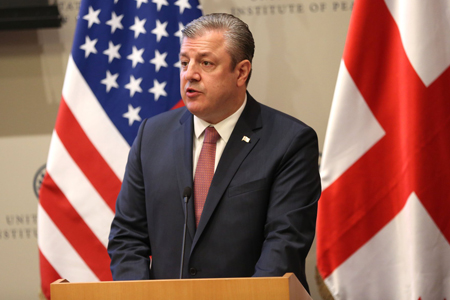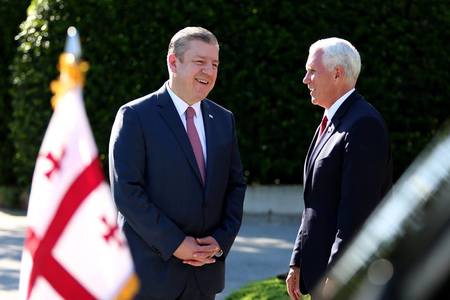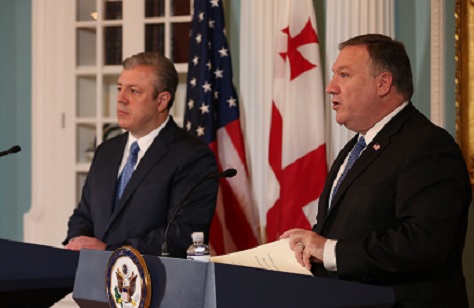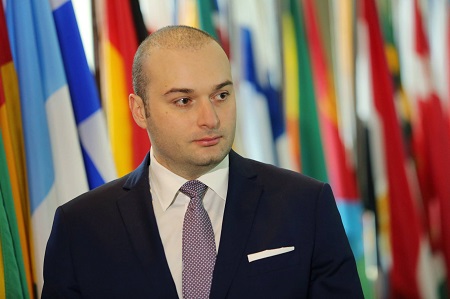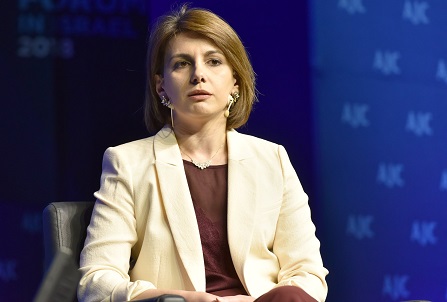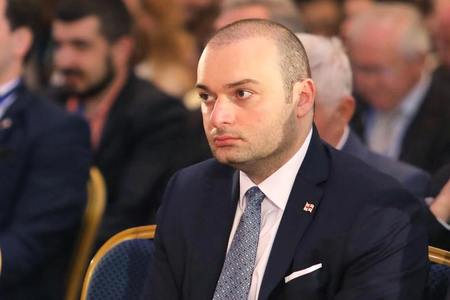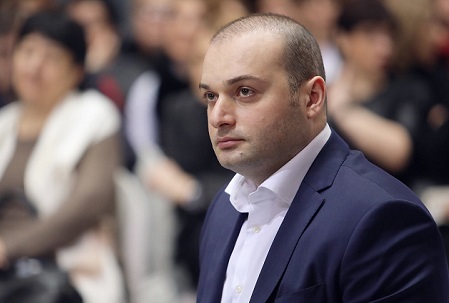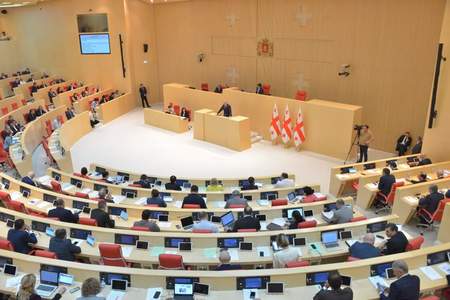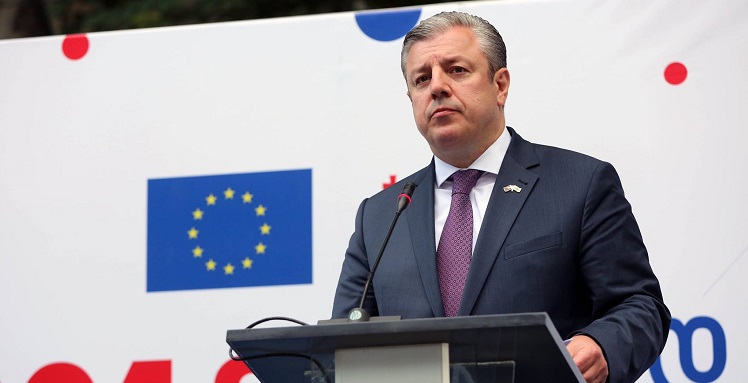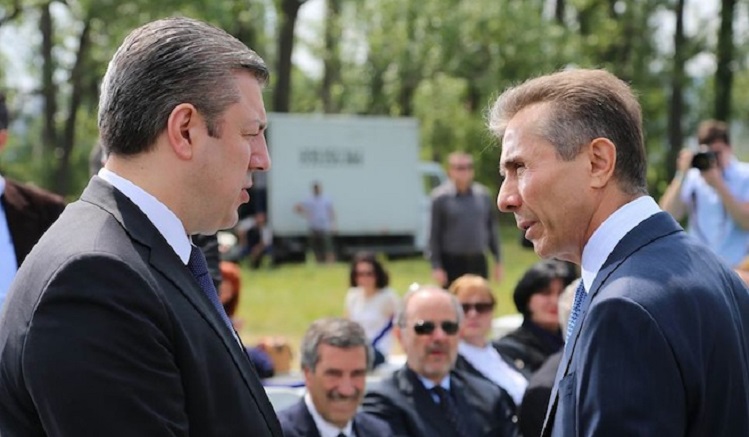Prime Minister Giorgi Kvirikashvili resigns
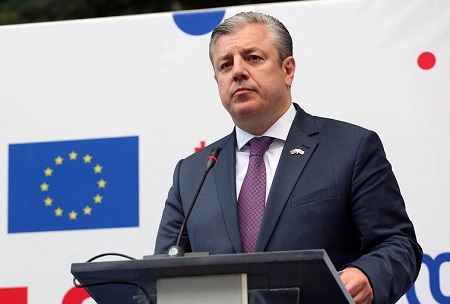
The Georgian Prime Minister Giorgi Kvirikashvili has announced that he quits his post due to the controversies on economic and other fundamental issues with the Georgian Dream ruling party and the party head Bidzina Ivanishvili.
He stated that now the party leader should be given an opportunity to offer the team which he believes to cope with the current state challenges better.
Kvirikashvili said that the prime minister’s post was the "highest responsibility ever” in his life and stated that while in office he and his staff have done their utmost to change the lives of the Georgian people to positive.
Kvirikashvili spoke about the economic and political achievements under his leadership and stated that due to the reforms over the past several years:
- Georgia has the highest economic growth in the region.
- The country benefits from the record inflow of tourists.
- Georgia has a safe business environment and very simplified procedures to start businesses.
- Free trade agreements have been signed with various foreign countries.
- Closer ties than ever have been established with the EU, NATO and the United States.
- Human and property rights are protected.
He said that the Georgian Dream government under his leadership has also taken steps to normalise relations with Russia and he believed the constructive approach will one day provides its outcomes.
In the situation when we have two occupied regions , we have managed to create a stable environment in the country and take genuine steps for the state development,” Kvirikashvili said.
He also said that his government had made the decisions which could be unfavorable for people in the short term perspective. However, he said in the long term perspective the decisions with improve the state economy.
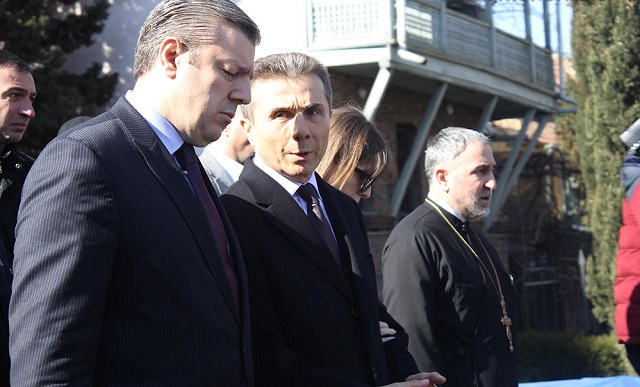
Giorgi Kvirikashvili named controversies with Bidzina Ivanishvili as the reason of his resignation. Photo: meronome.ge.
What happens when prime minister resigns?
Giorgi Kvirikashvili came to power in 2012 as that year the Georgian Dream Coalition led by Bidzina Ivanishvili defeated the nine-year rule of the United National Movement government.
Before appointing as prime minister on December 30, 2015, Kvirikashvili had served as the minister of economy and the minister of foreign affairs.
According to Georgian legislation, when a prime minister resigns constitutional procedures must be followed.
The Georgian Constitution states the prime minister of Georgia is the country’s main figurehead and leads the government, meaning he makes all of the main decisions for the country. The President is also a leader of the country however his role is slightly different. He is Georgia’s main foreign representative and head of the Georgian Armed Forces.
When the prime minister resigns, the power of Cabinet Ministers – 14 ministers of Georgia – is automatically suspended.
Within seven days of the prime minister’s resignation, the president of Georgia must name a new candidate for Prime Minister, which has been selected by the Parliamentary Majority.
The Georgian Dream (GD) coalition is the parliamentary majority therefore it must name the new candidate.
After this the new candidate for prime minister should name his/her chosen Cabinet of Ministers within seven days. The candidate for prime minister can maintain the previous Cabinet or change some ministers and present them before Parliament of Georgia for confirmation.
The candidate for prime minister and the updated Cabinet of Ministers needs to be confirmed by the majority of Parliament Members, meaning they must gain at least 76 votes out of the 150-seat Parliament.
The GD coalition holds 116 seats in the legislative body.
If parliament of Georgia failed to approve the candidate for prime minister or the updated Cabinet of Ministers three times, the country’s President has the right to dissolve Parliament and appoint snap parliamentary Elections.
 Tweet
Tweet  Share
Share

